US withdraws from Unesco, citing ‘anti-Israeli bias’
Surprise decision to pull out of UN’s cultural body criticised by international community

A free daily email with the biggest news stories of the day – and the best features from TheWeek.com
You are now subscribed
Your newsletter sign-up was successful
The United States is to withdraw from Unesco - the UN’s cultural, scientific and educational body - citing financial reasons and claiming the organisation has an “anti-Israel bias”.
In a surprise announcement that drew condemnation from the international community, the US State Department said its decision, while not taken lightly, “reflects US concerns with mounting arrears at Unesco, the need for fundamental reform in the organisation, and continuing anti-Israel bias”.
According to Foreign Policy, US Secretary of State Rex Tillerson made the decision to pull out several weeks ago but had hoped to delay the announcement until after Unesco selects a new director-general this week.
The Week
Escape your echo chamber. Get the facts behind the news, plus analysis from multiple perspectives.

Sign up for The Week's Free Newsletters
From our morning news briefing to a weekly Good News Newsletter, get the best of The Week delivered directly to your inbox.
From our morning news briefing to a weekly Good News Newsletter, get the best of The Week delivered directly to your inbox.
Once it formally leaves in December 2018, the US State Department said it hopes to remain a non-member, observer state, “in order to contribute US opinions and expertise on issues like press freedoms and protecting world heritage”.
Unesco’s current head, Irina Bokova, expressed her “profound regret” at the decision.
“Universality is critical to Unesco’s mission to strengthen international peace and security in the face of hatred and violence, to defend human rights and dignity,” she added.
Established after the Second World War to help promote the free flow of information, the organisation has become famous for its World Heritage programme.
A free daily email with the biggest news stories of the day – and the best features from TheWeek.com
However, the United States has “at times had an ambivalent relationship” with the Paris-based organisation, says The Washington Post. In 1984 the Reagan Administration withdrew the US from Unesco on the grounds it was biased in favour of the Soviet Union. President George W. Bush rejoined in 2002 but the US stopped paying its dues in 2011 after Unesco voted to include the Palestinian Authority as a member.
Last year, Israel recalled its Unesco ambassador after the organisation adopted two resolutions that Israeli leaders said ignored Judaism’s connection with one of Jerusalem’s holiest sites.
Israel’s relationship with the organisation “had long been rocky, after officials accused the body of making decisions out of political considerations”, says The Independent.
The emergence of Qatar’s Hamad bin Abdulaziz al-Kawari as a leading candidate to replace Bokova “has been seen by Israel and the US as a failure of their efforts to secure the post for a figure they regard as more friendly”, says The Guardian.
Following Donald Trump’s decision to pull out of the Trans-Pacific Partnership trade deal and the 2015 Paris Climate Change Agreement, his potential withdrawal from the Iran nuclear deal and threat to scrap the North American Free Trade Agreement, yesterday’s announcement is “yet another decision by the United States to distance itself from some parts of the international community”, says the Post.
-
 Why is the Trump administration talking about ‘Western civilization’?
Why is the Trump administration talking about ‘Western civilization’?Talking Points Rubio says Europe, US bonded by religion and ancestry
-
 Quentin Deranque: a student’s death energizes the French far right
Quentin Deranque: a student’s death energizes the French far rightIN THE SPOTLIGHT Reactions to the violent killing of an ultraconservative activist offer a glimpse at the culture wars roiling France ahead of next year’s elections
-
 Secured vs. unsecured loans: how do they differ and which is better?
Secured vs. unsecured loans: how do they differ and which is better?the explainer They are distinguished by the level of risk and the inclusion of collateral
-
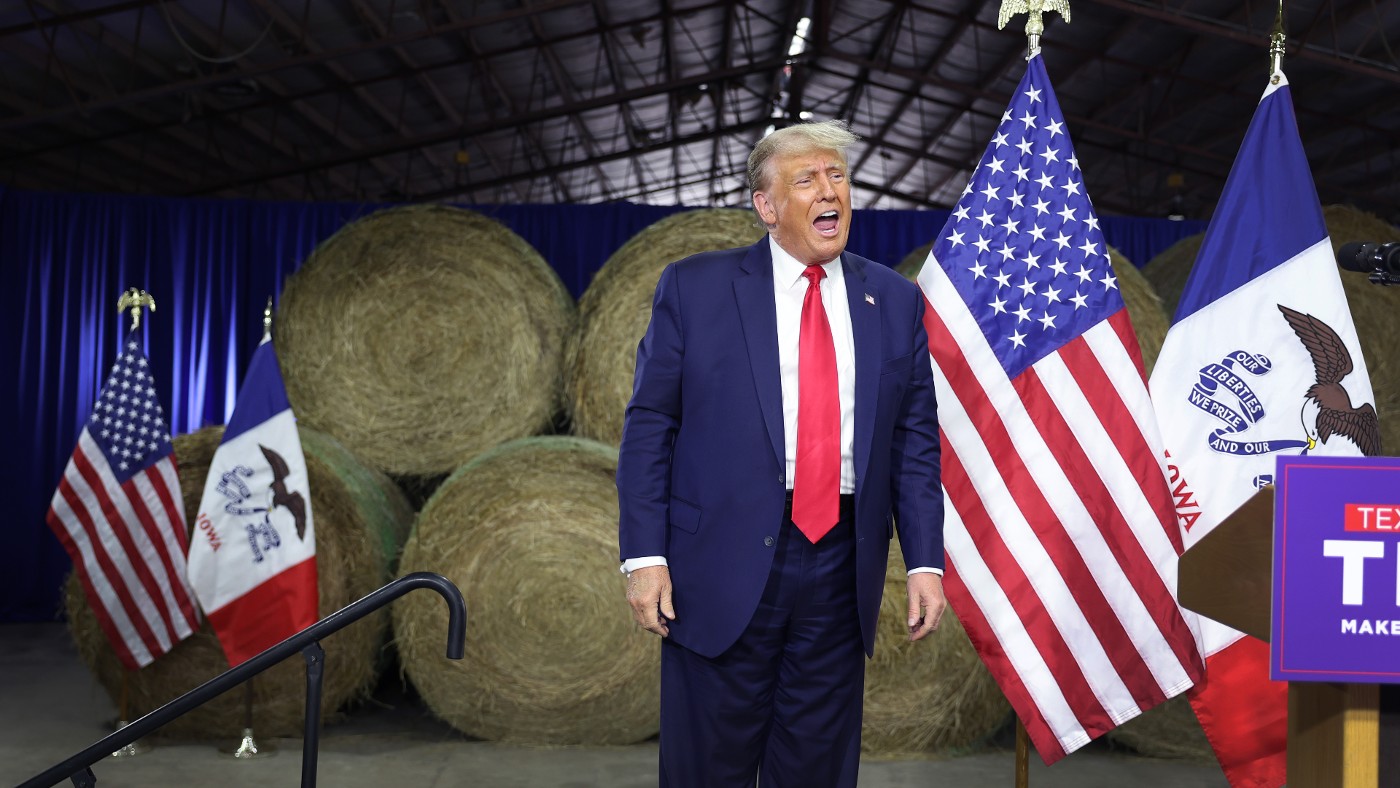 Flies attack Donald Trump
Flies attack Donald TrumpTall Tales And other stories from the stranger side of life
-
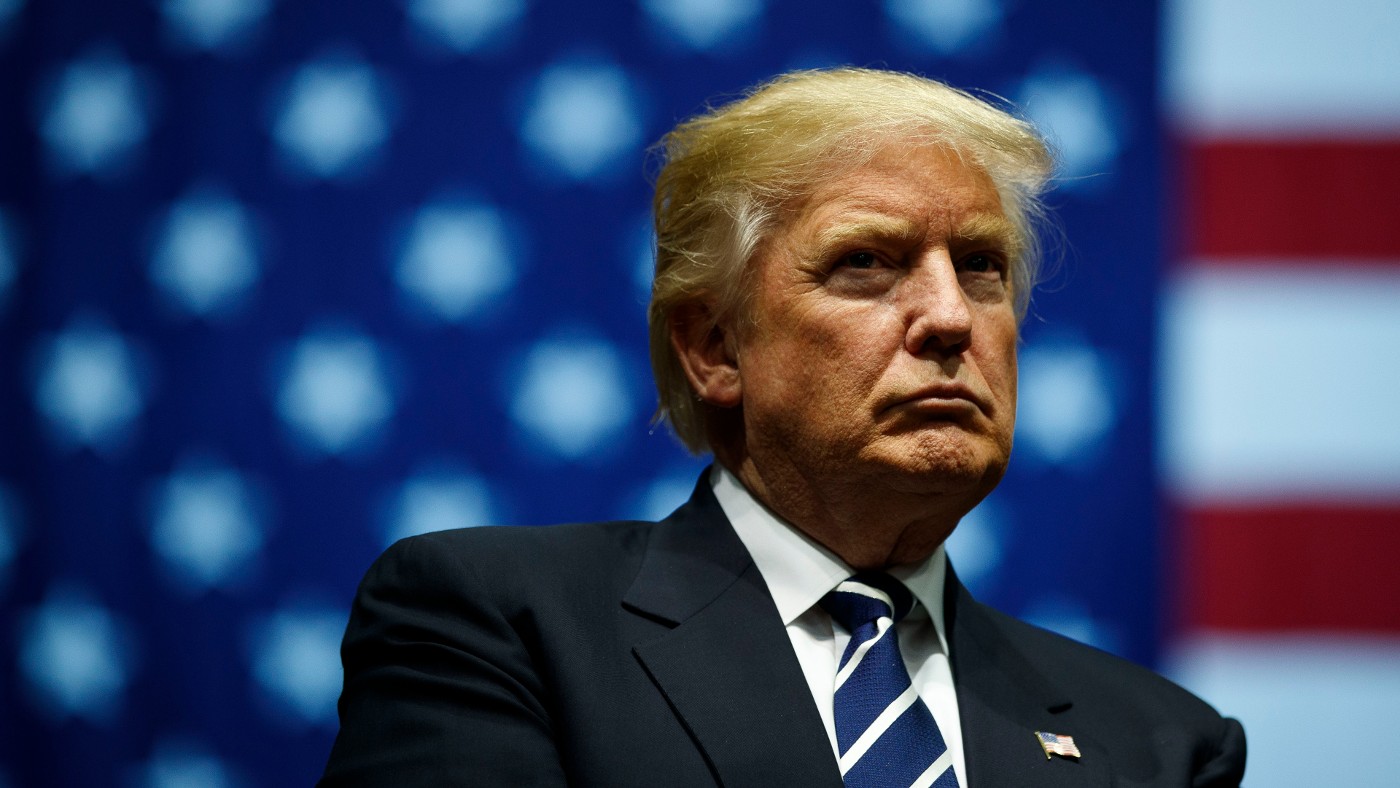 Donald Trump criminal charges for 6 January could strain 2024 candidacy
Donald Trump criminal charges for 6 January could strain 2024 candidacySpeed Read Former president’s ‘pettifoggery’ won’t work well at trial, said analyst
-
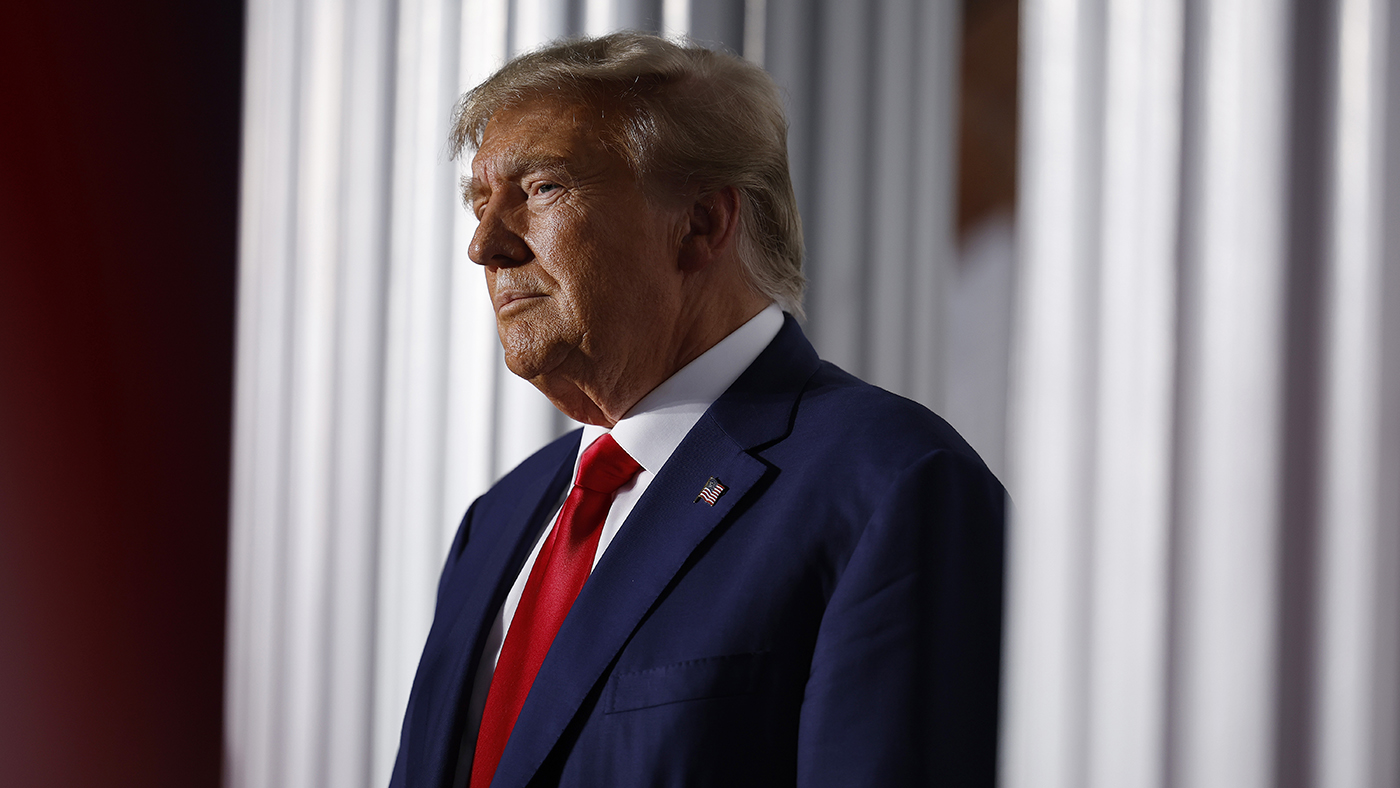 Donald Trump in the dock: a fraught moment for US democracy
Donald Trump in the dock: a fraught moment for US democracyTalking Point There is speculation that former president could end up running his 2024 election campaign from behind bars
-
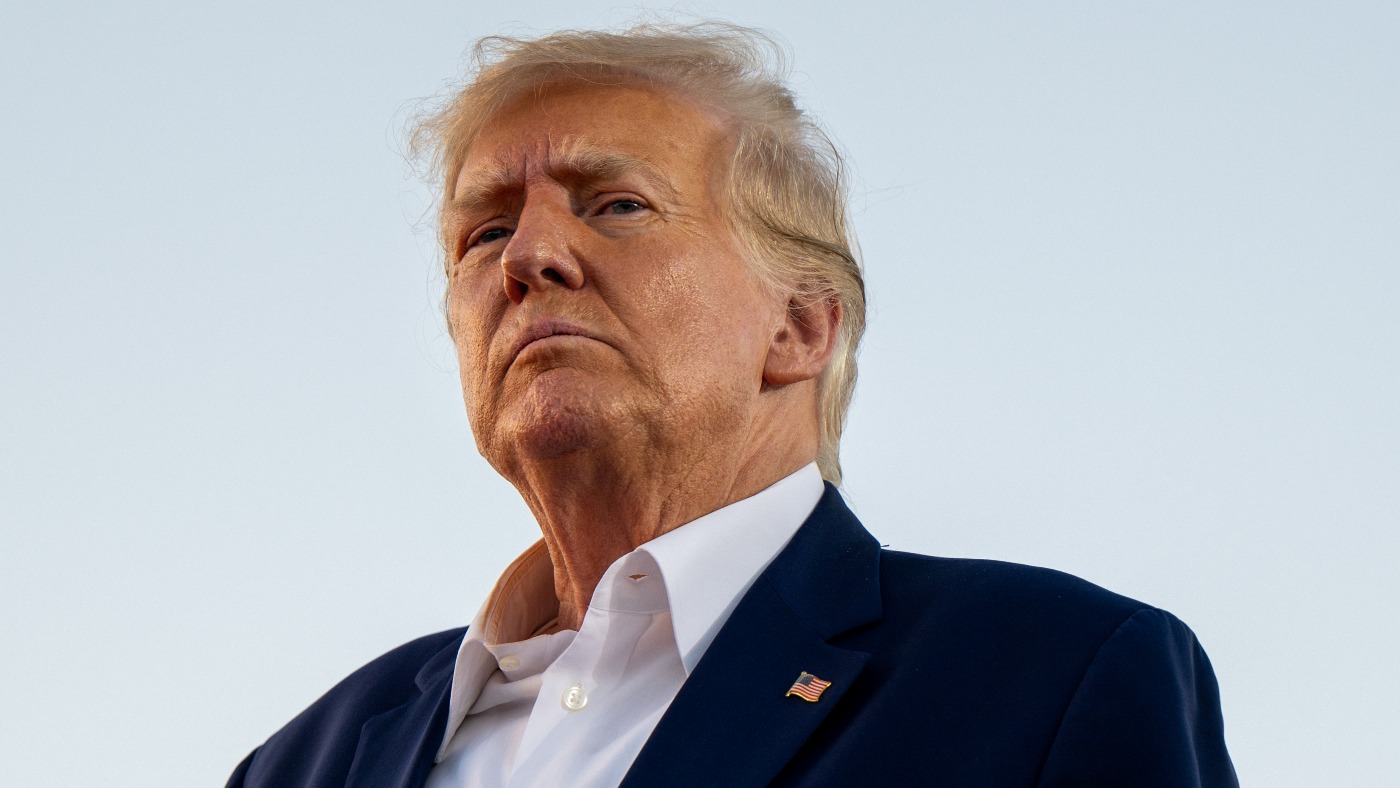 Donald Trump indicted again: is latest threat of prison a game changer?
Donald Trump indicted again: is latest threat of prison a game changer?Today's Big Question The former president ‘really could be going to jail’ but Republicans ‘may not care’ say commentators
-
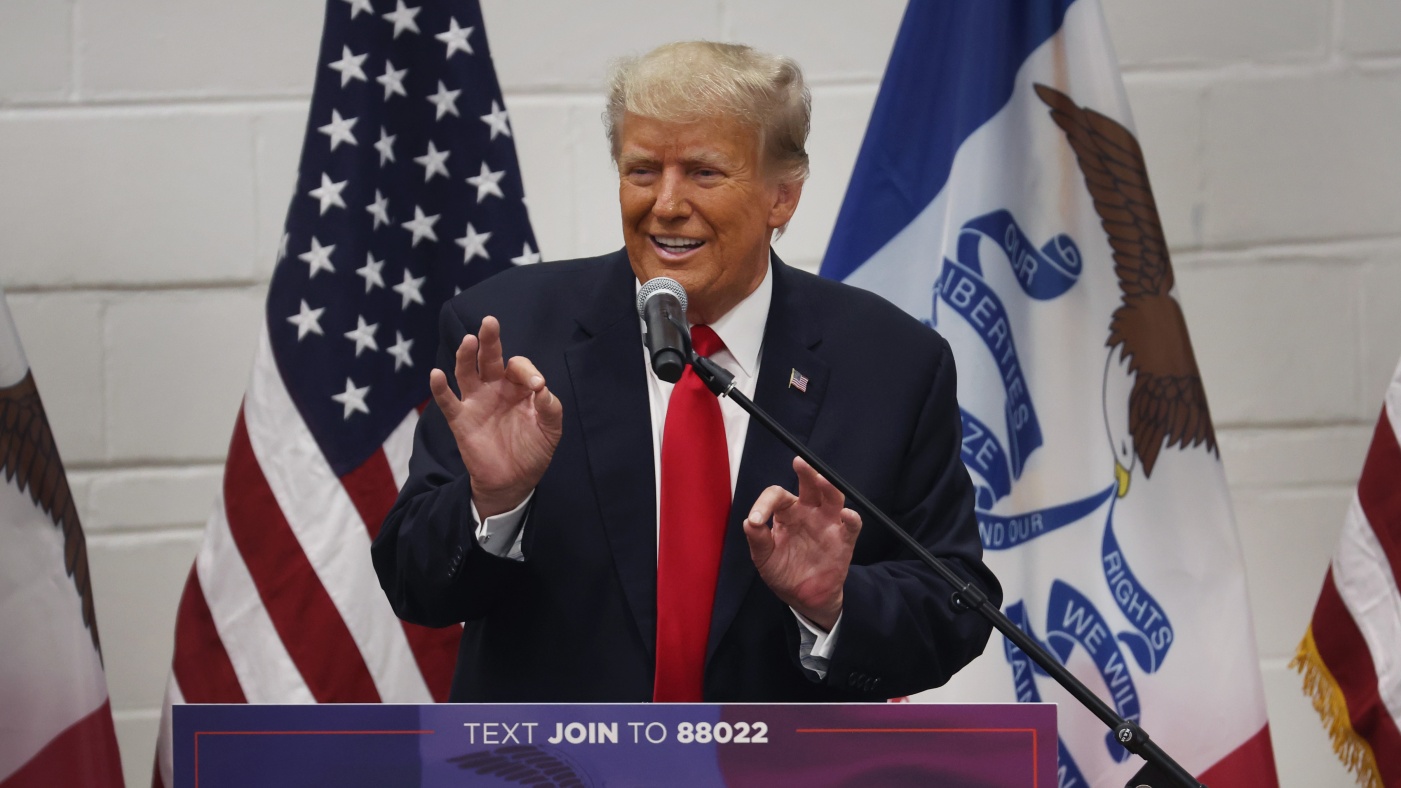 Trump told he could face charges over classified Mar-a-Lago documents
Trump told he could face charges over classified Mar-a-Lago documentsSpeed Read A second criminal indictment is on the cards for the former US president and current Republican frontrunner
-
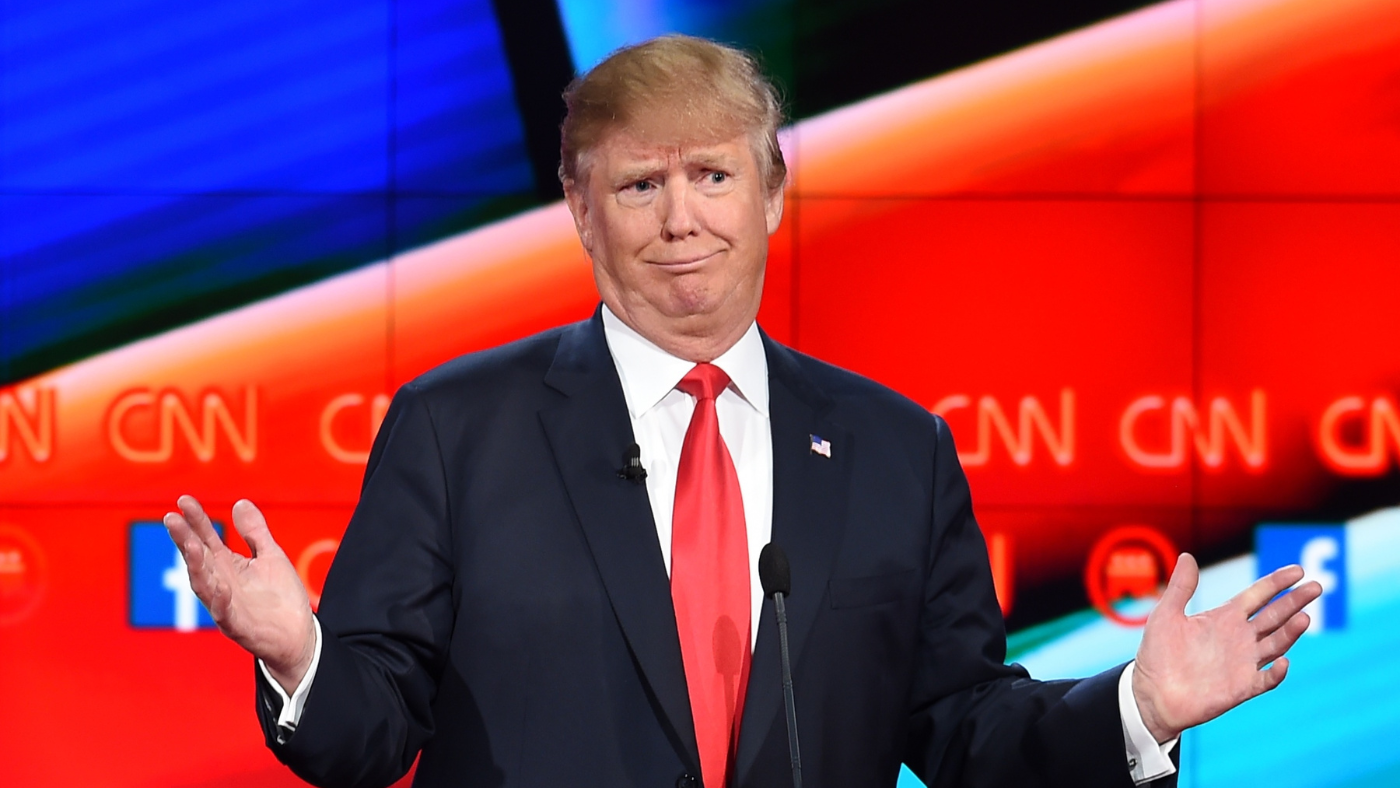 The return of Donald Trump to prime-time television
The return of Donald Trump to prime-time televisionfeature CNN executives have been condemned over the former president’s televised town hall
-
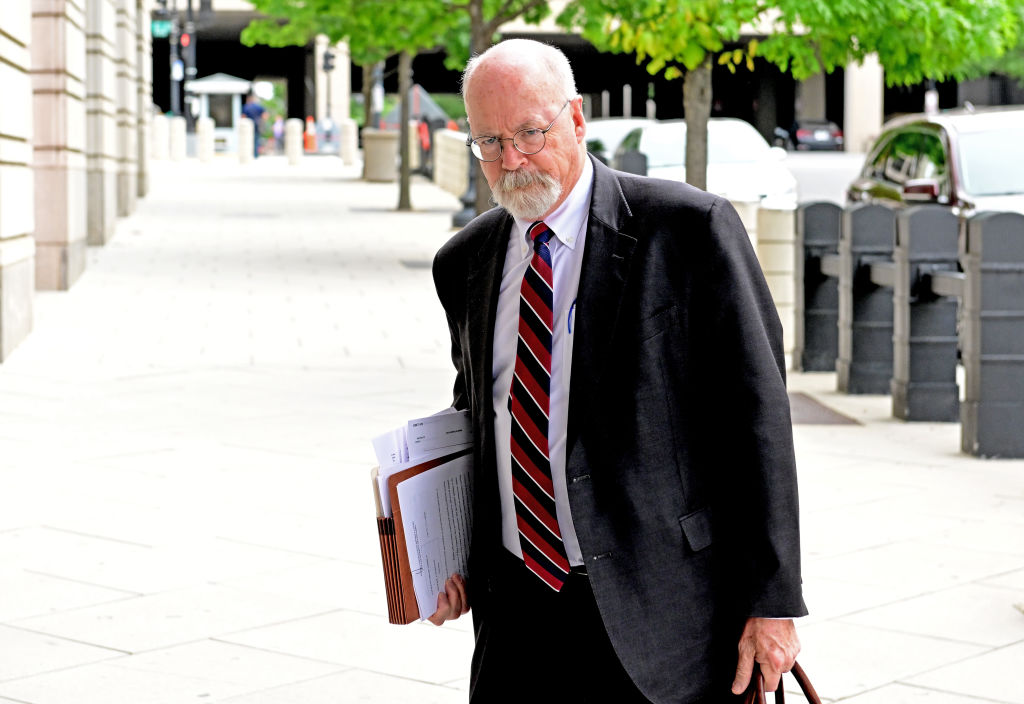 Durham criticizes FBI, offers little new in final report on 4-year Trump-Russia investigation review
Durham criticizes FBI, offers little new in final report on 4-year Trump-Russia investigation reviewSpeed Read
-
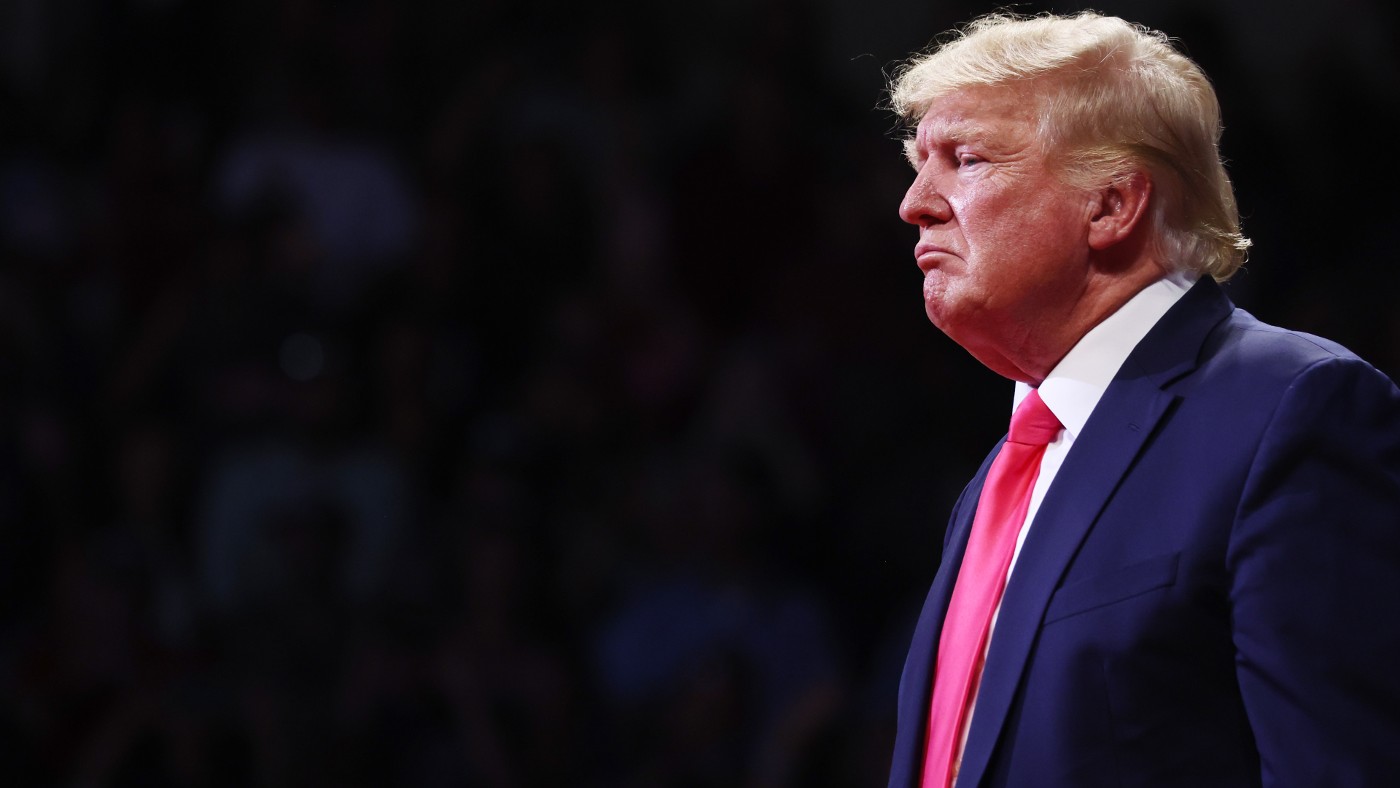 Trump ally’s ‘prove me wrong’ challenge backfires
Trump ally’s ‘prove me wrong’ challenge backfiresfeature And other stories from the stranger side of life